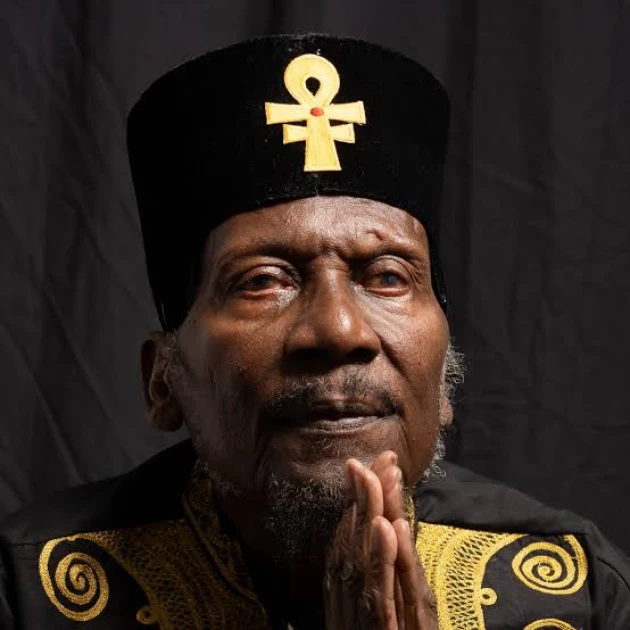Brazil's iconic Maracana stadium is to be named in honour of the country's legendary footballer Pele. The move follows a vote by the Rio de Janeiro state legislature to change the venue's name to the Edson Arantes do Nascimento - Rei Pele stadium.
Edson Arantes do Nascimento is the 80-year-old's full name, while Rei means king in Portuguese. The Rio de Janeiro's state governor must approve the name change before it becomes official.
Pele, who won three World Cups as a player for Brazil, scored his 1,000th goal at the stadium in 1969 when playing for Santos against Vasco da Gama. The Maracana held the 1950 and 2014 World Cup finals, as well as the opening ceremony of the 2016 Olympics.
Some fans, however, are not happy because Pele never played for its local teams and he does not hail from Rio de Janeiro.
The deputy responsible for the project said: “It is a worthy homage to a man who is recognised the world over for his legacy in Brazilian football and for the corresponding services rendered to our country.”
The home stadium for two local football clubs, Fluminense and reigning champions Flamengo, more than 200,000 spectators are reported to have been in the stadium to watch Uruguay beat Brazil in the 1950 final, although its capacity is now 78,838. It was named after Mario Filho, a journalist who lobbied for its construction in the 1940s, but was known as the Maracana after the area in which it is located.
The legislature said the football stadium will be renamed but the larger sports complex around the ground can retain its current name. The bill now goes to interim governor Claudio Castro, who has 15 days to decide whether to sign it into law.
The giant 78,000-seat stadium's history is also loaded with trauma for Brazilians. It opened in 1950 for the World Cup, hosting Brazil's heartbreaking 2-1 defeat by Uruguay in the final - an event still sorrowfully remembered as the 'Maracanaco,' which roughly translates as 'Maracana death blow.'
The only player in history to win three World Cups - in 1958, 1962 and 1970 – and considered by many to be the greatest footballer in history - Pele is credited with restoring Brazil's football pride in the aftermath.















